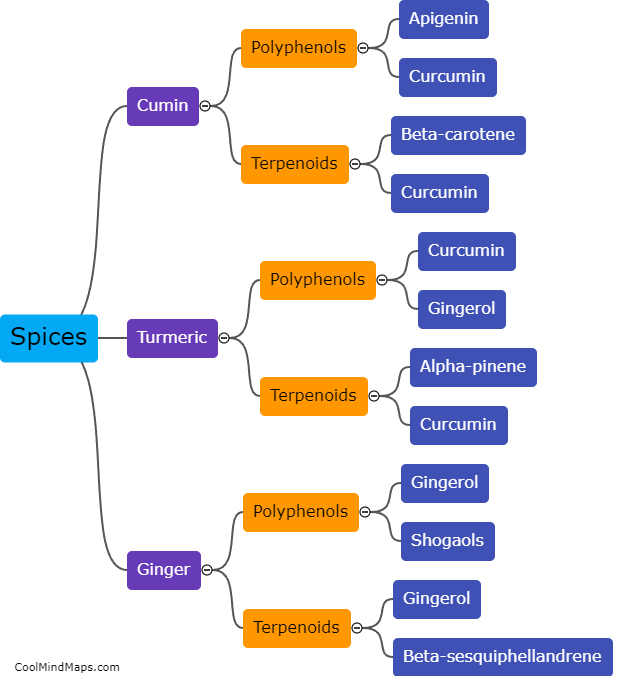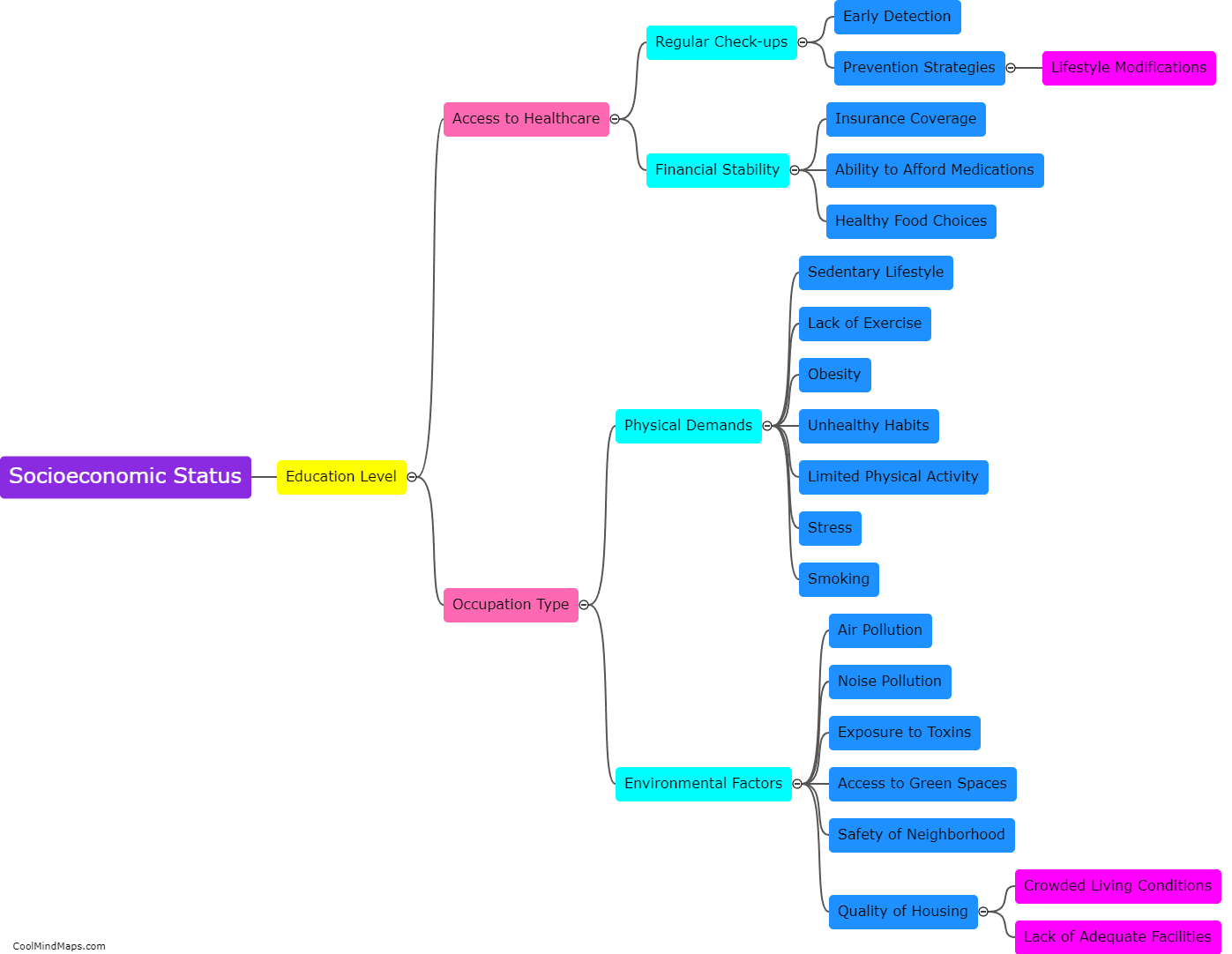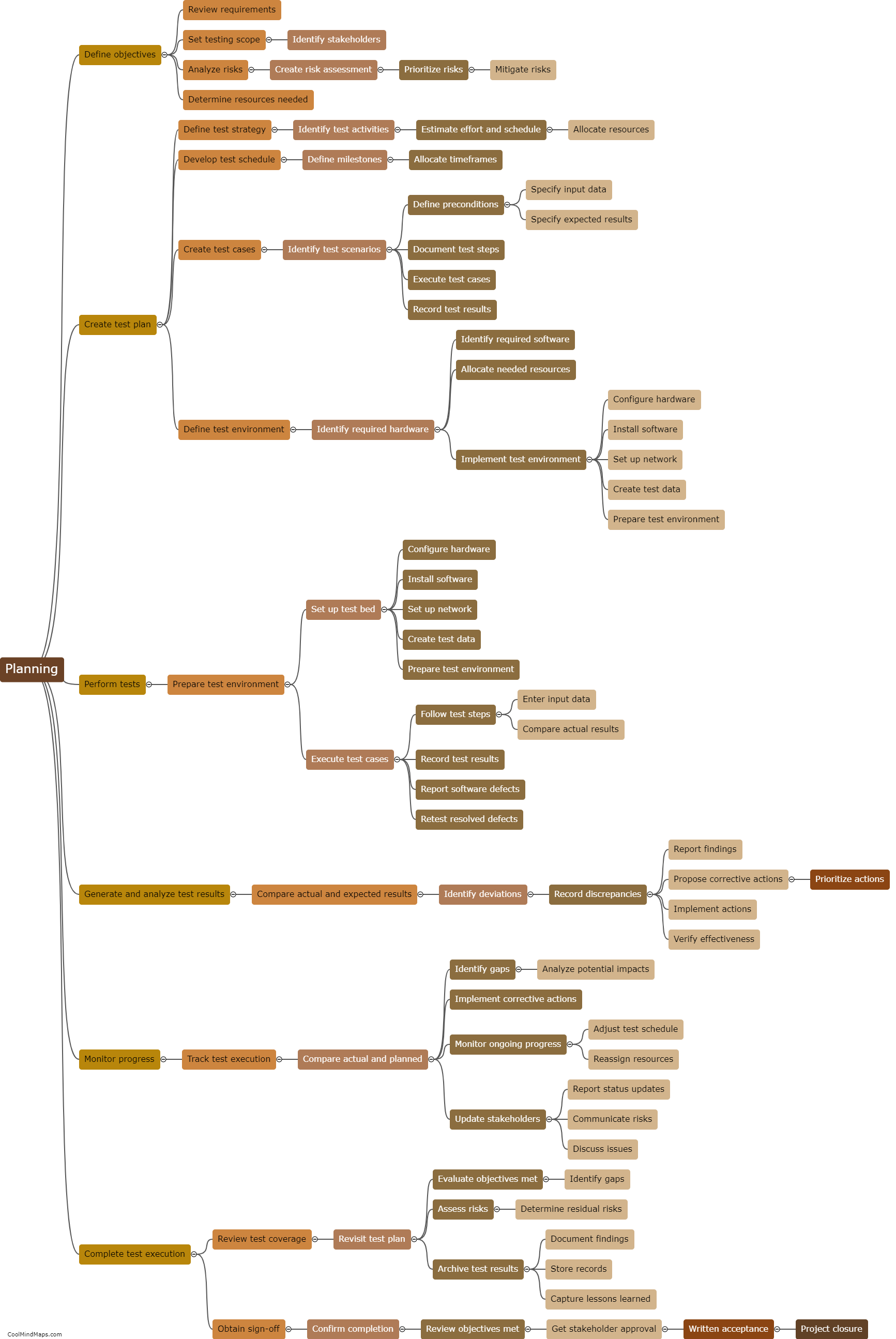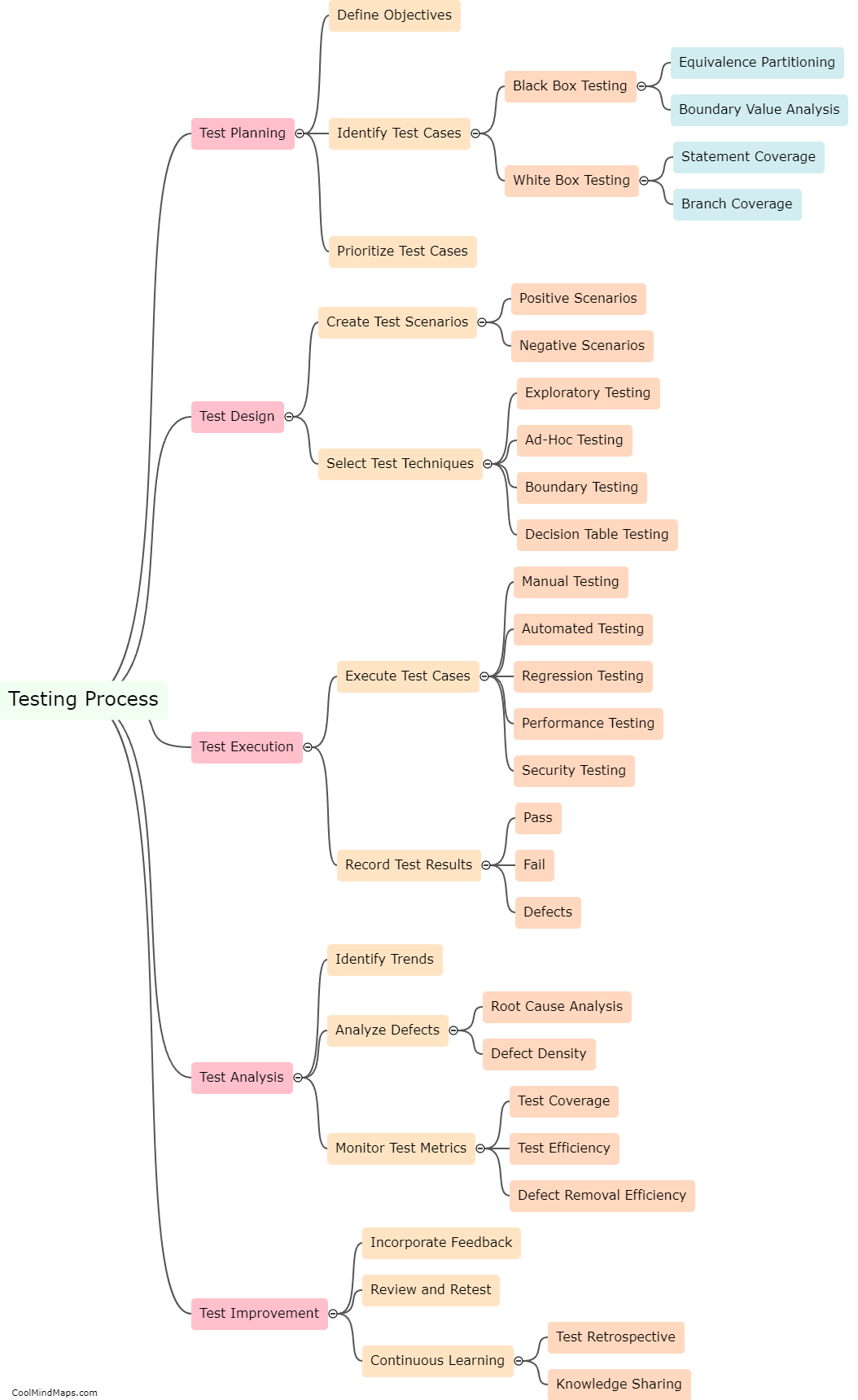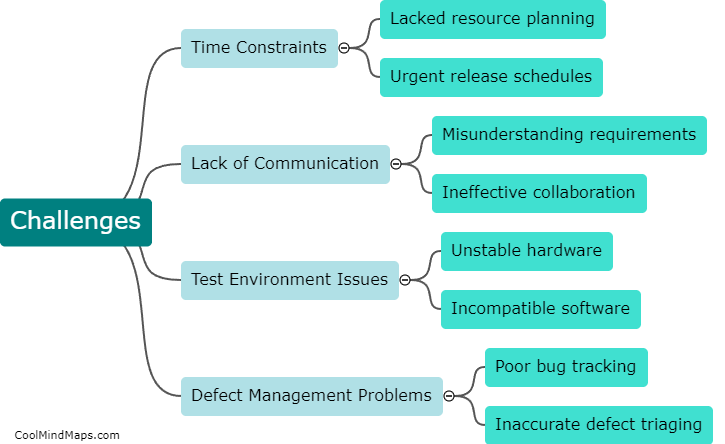What are some best practices for writing effective unit tests?
Writing effective unit tests is crucial for ensuring the quality and reliability of software. To achieve this, several best practices can be followed. Firstly, tests should be clear and readable, with descriptive names that convey their purpose. They should be independent and self-contained, with no dependencies on external factors or other tests. It is important to cover all possible scenarios by writing multiple test cases, including edge and corner cases. Tests should be simple and focused on testing only one specific functionality at a time. Regularly reviewing and refactoring tests helps maintain their effectiveness. Additionally, running tests automatically as part of the build process ensures their execution and prevents regressions. Finally, unit tests should be fast, isolated, and provide meaningful feedback by using tools and techniques such as mocking and test doubles. By following these best practices, developers can establish a robust and reliable unit testing environment.

This mind map was published on 30 July 2023 and has been viewed 104 times.



